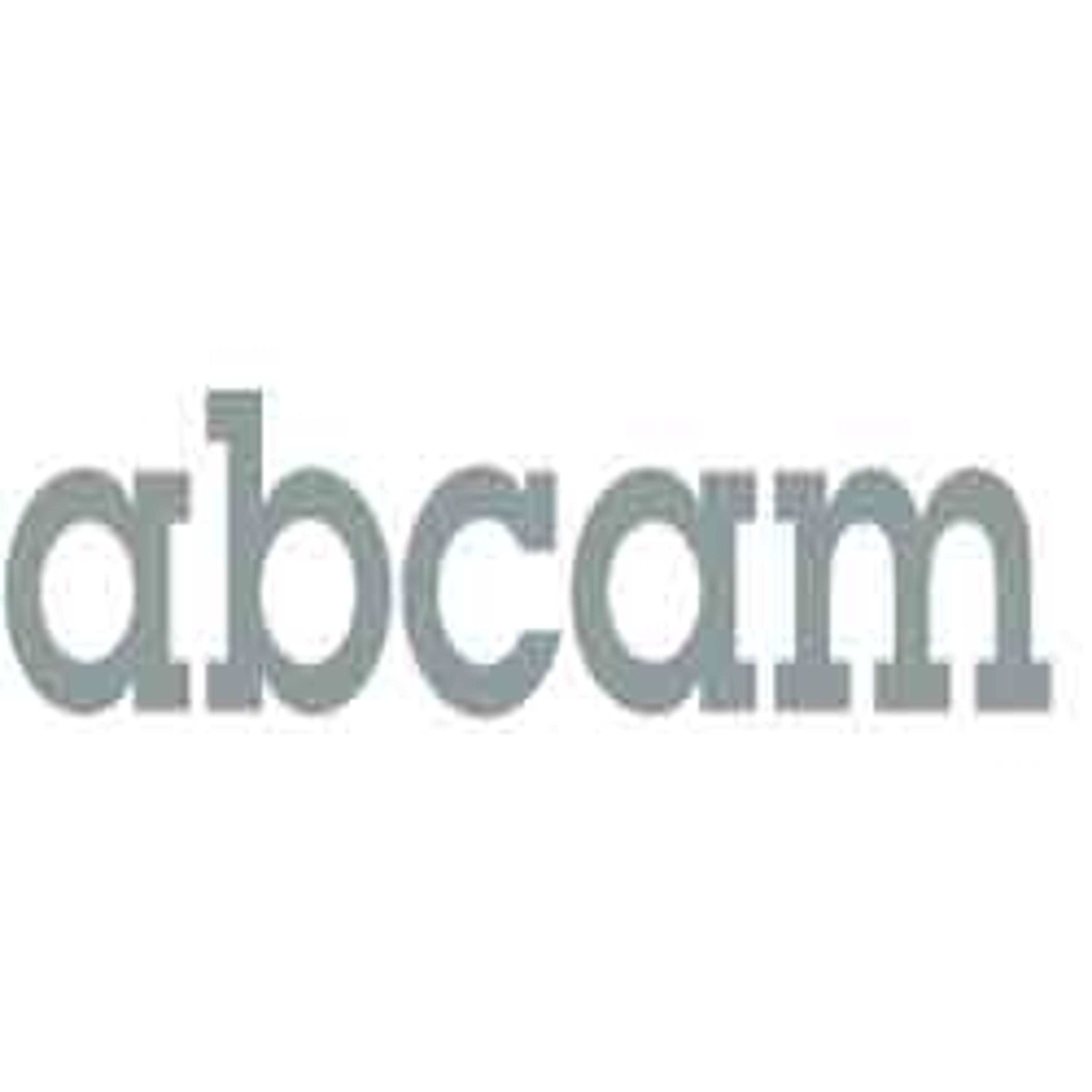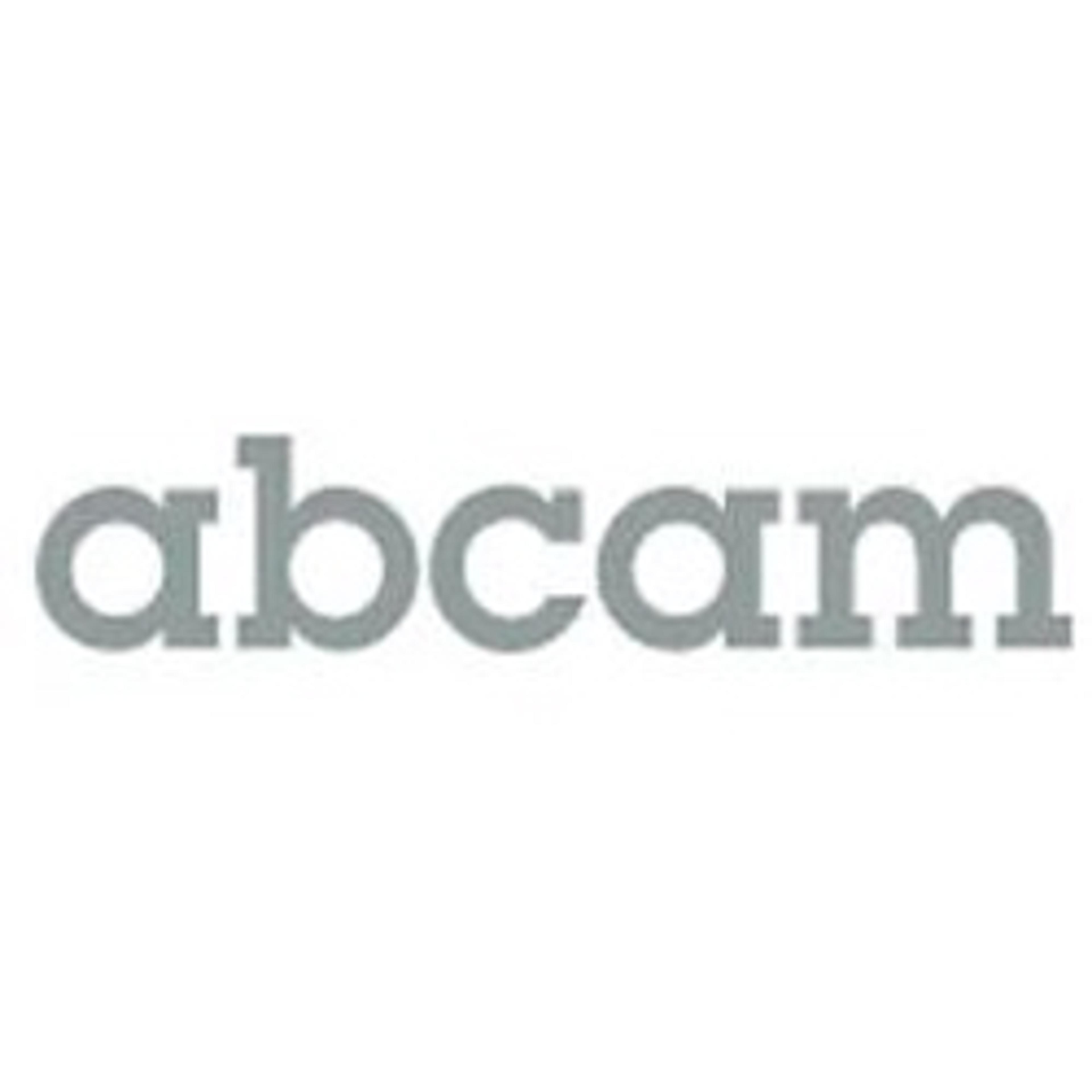Developer deep dive: Designing proteins and reagents for cell and gene therapy research
Watch this on-demand webinar to discover Abcam’s manufacturing workflow for producing bioactive proteins
6 Oct 2021

Recombinant proteins require strict quality control, as quality issues affect the reliability of the intended downstream application. Cell and gene therapy research in particular demands a higher quality of protein that adheres to strict quality control and has comprehensive validation.
In this on-demand SelectScience® webinar, Dr. Deborah Moore-Lai, Director of Protein Development at Abcam, introduces a new range of premium bioactive proteins. During the session, Moore-Lai details Abcam’s manufacturing workflow, as well as outlining the company’s mission to support scientists in achieving their goals in cell and gene therapy research and other research areas.
Read on for highlights of the live Q&A session or register to watch the webinar at any time that suits you.
Register hereQ: Tell us more about your custom protein production abilities — how long does custom work take?
DML: The process begins with the initial submission, where we will look at the sequence that you wish to have expressed. From this, we will determine if there are potential challenges with the sequence. We then proceed with a small-scale pilot study to determine expression levels. From there, we'll determine the scale-up and how much supernatant we would need to generate the large-scale protein production. We can do these with or without tags, and in a variety of different expression systems, whether it's mammalian or bacterial. After we do the pilot study, we're better able to estimate how long the total timeline will take. Anywhere from 8 to 12 weeks is typical.
Q: What additional proteins and/or expression systems will Abcam bring to the catalog this year?
DML: We have mammalian and bacterial systems currently. For 2021, we are introducing insect expression and potentially yeast.
Q: What is the advantage of mammalian tag-free proteins?
DML: The advantages are mammalian-produced proteins have the optimal post-translational modifications. They are also folded properly as they're expressed and then secreted into the medium. Our mammalian proteins typically are produced using HEK293 cells, sometimes CHO, depending on which cell type has higher expression. In terms of tag-free, it's as close to native as we can get. In the manufacturing workflow, we express the proteins with tags and cleave them off during the purification process. The final tag is just a single glycine on the N-terminus of the protein.
Additionally, the reproducibility of proteins from this product line is very high. Whether you purchase a batch of the protein today, or two years from now, the performance will remain due to the rigorous quality control.
Q: What is the advantage of the additional QC assays Abcam performs on the proteins?
DML: One of the first QC processes is to validate the size of the protein. After that, we look at the protein purity using reverse-phase HPLC. The protein must be 95% pure or greater, meaning no fragments or aggregation in that protein sample. We then carry out intact mass analysis where we calculate if the mass is within 10 Daltons of the theoretical mass of the protein. If it's beyond 10 Daltons, we fail the protein and it doesn't proceed to the premium bioactive-grade status.
We also ensure the ultra-low endotoxin levels are less than 5 EU per milligram of protein, which is nearly sterile. Lastly, we perform a functional assay to determine the potency of the protein; these assays include proliferation, adhesion, chemotaxis, and cytotoxicity assays; these are completed to ensure the protein is functionally active.
Q: What specific aspects of the protein manufacturing process are you most proud of surmounting to produce this range?
DML: One of the most difficult parts to getting the workflow in place and what we’re proudest of is the purification. It's often a three-to-four-step purification process to cleave the tags off, and then to repurify the protein to separate the cleaved protein from the tags. At that point, if a protein still isn't pure enough, we put the protein through gel filtration or ion exchange to further separate the specific protein from any contaminants. During that process, the purity is tested at each step to ensure that the final purity is greater than 95%.
Q: What differentiates Abcam proteins from other proteins in the market?
DML: This premium protein line is differentiated in the fact that they are exclusively from mammalian and tag-free. Many of our competitors will offer active proteins from bacterial systems. With this, the proteins often aren't folded correctly and must be refolded after they are purified. In addition, they often don't carry any relevant post-translational modifications.
Find out more about Abcam's range of premium bioactive proteins>>
SelectScience runs 3-4 webinars a month across various scientific topics, discover more of our upcoming webinars>>


